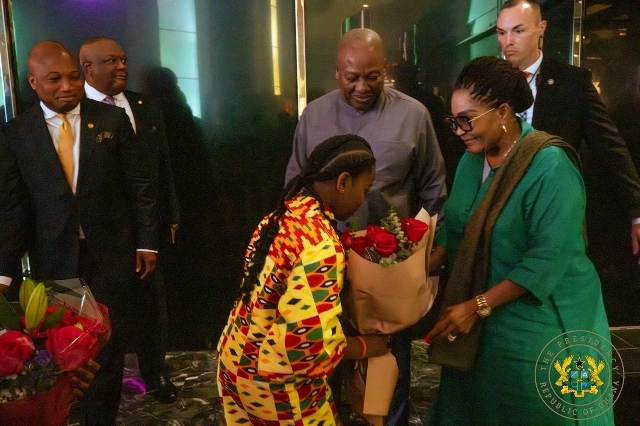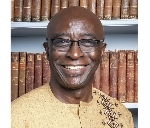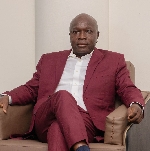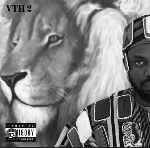President of Ghana’s bold speech at the 80th UN General Assembly
 President John Mahama
President John Mahama
At the historic 80th United Nations General Assembly in New York, Ghana’s President, John Dramani Mahama, delivered what many observers have called one of the boldest African addresses on the global stage in recent years.
His speech, unapologetic and uncompromising, challenged the international community to rethink the structures of global governance, confront historical injustices, and give Africa its rightful place in shaping the future of humanity.
Africa’s Agency: “The Future is African” President Mahama rejected the narrative of Africa as a continent of dependency. Instead, he declared that Africa will be central to the unfolding global story: “The future is African! Africa’s role in the authorship of whatever is yet to come for this world will be huge, and it will be consequential.”
This rallying call placed Africa not on the periphery, but firmly at the center of international decision-making, science, technology, and cultural advancement.
A Call to Reform the United Nations.
One of the strongest points of his address was the call for reform of the UN Security Council.
Mahama demanded that Africa be granted permanent representation and challenged the absolute power of the veto: “The Security Council cannot continue to reflect the post-1945 order while the world of 2025 is vastly different.
It is unjust and unsustainable.”
By framing reform as both a matter of justice and necessity, Mahama positioned Ghana and Africa at the heart of the global governance debate.
Reparations and Historical Justice The President also broke diplomatic silence on one of the most uncomfortable issues for the global North—reparations for slavery and colonisation.
He described the transatlantic slave trade as “the greatest crime against humanity” and insisted that justice demands recognition, restitution, and reparations.
This bold declaration drew wide applause from African delegations and placed Ghana, historically central to the slave trade, as a moral voice for global reckoning.
Financial Independence and Resource Sovereignty: Mahama’s speech did not stop at political reform.
He sharply criticised the “rigged” international financial architecture, calling out multilateral institutions that perpetuate Africa’s economic dependency.
He emphasised the need for African nations to reclaim control over their natural resources and redesign trade and finance systems that truly serve their people.
Climate Change, Migration, and Truth-Telling
In another striking moment, Mahama linked climate injustice to forced migration, urging world leaders to speak plainly: “We cannot dress up suffering in euphemisms.
Climate change displaces our people, fuels conflict, and drives migration. Let us name it for what it is and act accordingly.” His words carried moral clarity at a time when many leaders shy away from connecting accountability to action.
Ghana’s Reset, the World’s Reset Drawing a parallel between Ghana’s domestic “Reset Agenda” — which seeks to stabilise the economy and restore growth — and the need for a global reset, Mahama insisted that both national and international institutions must adapt to new realities. By linking Ghana’s internal reforms with global demands, he presented a vision of leadership by example.
Why This Speech Matters President Mahama’s address was more than a national statement; it was a manifesto for global justice, equity, and reform.
It echoed long-standing African frustrations but packaged them with fresh urgency and clarity. Already, commentators have highlighted three bold points as defining moments of the address:
1. The demand for UN Security Council reform.
2. The call for reparations for slavery and colonisation.
3. The assertion that Africa will shape the future of humanity.
For Ghana, this speech elevates its voice as not just a participant but a thought leader in the international arena.
For Africa, it signals that the continent will no longer plead for inclusion but will demand a seat at the table where the world’s future is decided.
Africa is indeed the future of the world, and the United Nations has to undergo a Reset to become relevant in our world today.
For media inquiries, please contact: [Aseye Kpodo] [tadaseye46@gmail.com]
Source: Classfmonline.com/Cecil Mensah
Trending Features

Reconceptualising Ghana’s learning crisis: Lessons from our own classrooms
11:06
Mahama handed youth the baton, they must now run
08:38
Omar Sterling: 7 reasons VTH2 is the greatest representation of a true rap album
17:16
Ghana Goldbod: Immediate challenges and the way forward
06:37
President of Ghana’s bold speech at the 80th UN General Assembly
18:22




